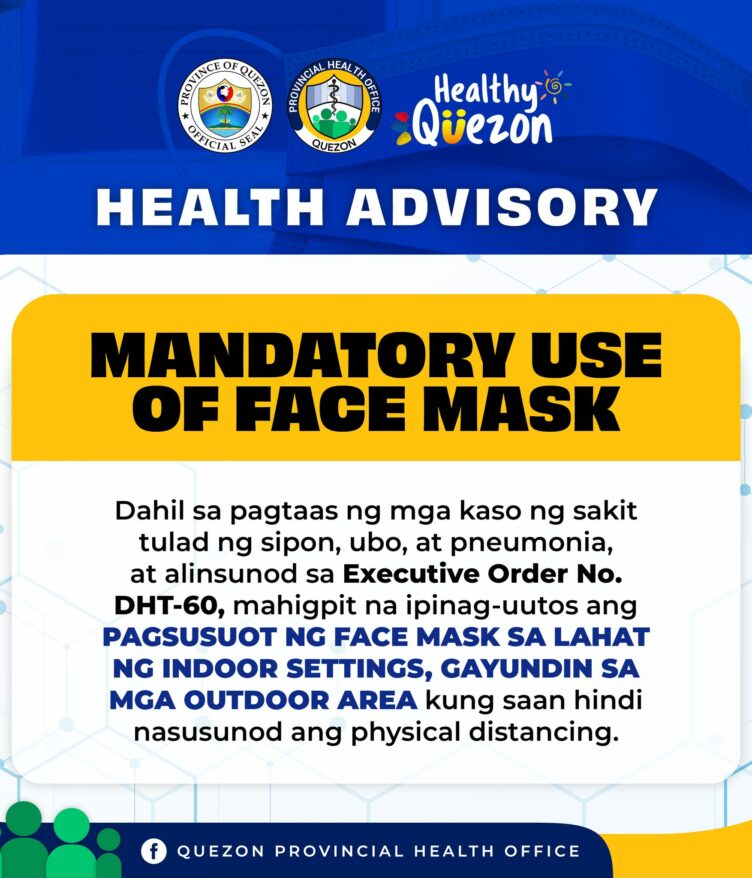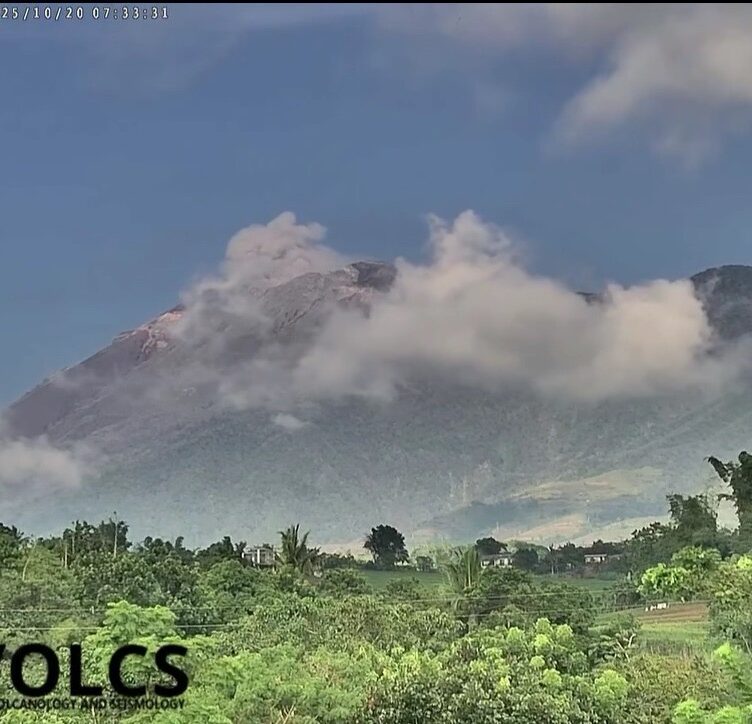THERE is something raw and powerful about Holy Week when you are in the process of healing. Perhaps it’s because, for once, you’re not simply going through the motions while time slows.
For Gen Zs, life is loud. It’s filled with distractions, regular updates, emotional burnout, and a pervasive sense of “not enough.” They’re a generation raised on screens, sculpted by anxiety, and baptized in cancel culture.
However, they are also the generation that is now confronting ancestral trauma, questioning harmful practices, and learning to identify their own pain. Holy Week is an ideal opportunity for healing in the midst of this process.
In the midst of a chaotic and scorching month, there is a period of tranquility across the country. However, how do Generation Zs approach Holy Week? Is now really the best time to reflect on your healing journey?
Highs Before Lows
When you’re mending, Palm Sunday feels like a rare nice day following a succession of bad ones. The crowd cheers, and you allow yourself to hope that things will gradually fall back into place.
Maybe it’s because you were laughing for the first time in weeks. Perhaps you’ve finally gone a day without crying about what you lost. Palm Sunday is a precarious time when things appear to be improving.
However, healing is not a straight line. Some days feel like Palm Sunday, full of fleeting victories and light, while others feel more like Good Friday, silent, painful, and filled with grief that cannot always be expressed.
In an interview with republicasia, Ian Capati expressed his thoughts on the season. For him, Holy Week is a unique period, especially for individuals who are recovering from a difficult time.
“In Holy Week, we do not suffer alone. We walk beside a Savior who Himself suffered betrayal, abandonment, humiliation, and agony. To unite our wounds to His wounds is to allow our pain to become redemptive,” the 24-year-old said.
“This week becomes a sacred space where our trials are not meaningless, they are mingled with His Blood, and thus, sanctified. It is a time not to escape our sorrows, but to find healing through the Cross, which alone makes sense of suffering,” he added.
Depth of the Season
While some may claim that the core of the season is gradually eroding as it is passed down to the next generation, some Generation Zs believe that it is expanding—the context of sanctity and spirituality.
Joylene Mindoro, a Gen Z who finished psychology, stated that she is not shocked by the generation’s perception of the season as a time to rest and enjoy rather than strongly revolving around religious rites.
“In a way, may sense din siya. Given the constant pressure, parang natural na hanapin natin yung pahinga whenever merong chance. Hindi ito dahil sa kawalan ng respeto, but more like, a shift in how we define “sacred,” she said.
“As someone na may background sa psych and may spiritual side rin, I think may beauty sa ganitong shift. Spirituality evolves with context. Kung dati ang focus ay solemnity through rituals, now it can also mean silence through rest.”
“Maybe ang challenge sa generation natin is to find that balance – between honoring tradition and honoring our mental well-being,” Mindoro went on to explain.
Times of Doubt
Some may argue that faith may only take you so far, but for others, it always brings them back to what they believe in. Capati and Mindoro know that they always have misgivings, especially in the face of adversity.
“Dumaan ako sa mga phases na parang, “Nasaan Ka, Lord?” I think normal naman ‘yun, lalo na when things get too heavy or when life feels unfair. But Holy Week, for some reason, always brings me back,” Mindoro said.
“Kasi it reminds me that even Jesus Himself experienced abandonment, silence, and pain. So parang, if He went through that too, maybe I’m not as far from faith as I thought. Pero hindi rin siya laging smooth.”
“I try to explain na faith is personal, and we all connect to it differently. Minsan, kailangan din natin i-question ang mga inherited beliefs, not out of disrespect, but to deepen our understanding. Faith grows when we reflect, not just when we follow,” she added.
Meanwhile for Capati, “Yes, even the devout can experience spiritual dryness. There were times when prayer felt empty, and God seemed silent. But Holy Week gave structure to that silence.”
“I learned that distance from God does not mean abandonment, sometimes it is the purification of love. Holy Week drew me back not with emotions, but with truth that God’s love is proven not in feelings, but on the Cross,” he went on to say.
A Personal Passover
When you’re healing, Holy Week transitions from a historical or religious ritual to a deeply personal pilgrimage. You begin to recognize parallels with your own story in Christ’s life, death, and resurrection.
You begin to realize that recovery is not linear, and neither was Holy Week. Just like the season, your journey doesn’t end in darkness. No matter how long your Good Friday or Holy Saturday lasts, Easter will come.
Given that healing is more than just becoming better; it is about becoming whole. During this process, you develop a stronger connection to the sacred story, which has always been about love, loss, and resurrection.
Yes, Holy Week feels different when you’re mending. Because you’re no longer just witnessing the events; you’re one with them.
How useful was this post?
Click on a star to rate it!
Average rating 5 / 5. Vote count: 4
No votes so far! Be the first to rate this post.
We are sorry that this post was not useful for you!
Let us improve this post!
Tell us how we can improve this post?









